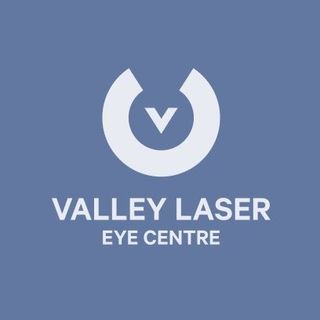People with cataracts on their eyes and who are having difficulty with their vision could consider getting cataract surgery. However, before you undergo the procedure, you must guarantee your eyes are healthy before you’re ready to achieve successful results.
When the surface of your affected eye isn’t in good condition, and you still go with the treatment, your eye doctor might have a problem determining the correct measurements of your new lens. As a result, not only does it prevent you from achieving the outcomes you want, but you spend a significant amount of money on the surgery too.
Since cataract surgery requires removing your eye’s natural lens and applying an artificial lens as a replacement called an intraocular lens (IOL), It’s crucial to get everything right. If you want to experience better vision, keep reading below to find out what to do before your cataract surgery.
Treat Your Dry Eye Condition First
Dry eye is a condition that often happens to people when their eyes produce an inadequate amount of natural tears and lubrication to keep their eyes wet and healthy. If you see your ophthalmologist for cataract surgery and they discover you have dry eye, they will highly suggest treating the issue first before pushing through with the procedure.
Some ways to cure your dry eye include applying artificial tears or other topical medications, such as eye drops. It’s first necessary to manage the surface of your eyes before you can guarantee you’re ready to undergo cataract surgery.
Avoid Wearing Contact Lenses
People who wear contact lenses regularly and are scheduled for cataract surgery at a reliable eye centre must stop wearing their contact lenses one to four weeks before the procedure. Contact lenses can modify the shape of your cornea’s surface, which is an integral part of measuring the correct IOL selection for your treatment.
Those wearing hard lenses will have to stop wearing their contact lenses for an even longer period leading up to the surgery. That’s because compared to soft lenses, it takes a while for your corneal surfaces to revert to their normal shape when you wear hard lenses.
Take Off Your Makeup
During your surgery day, you should avoid putting on any makeup on your eyes or other areas of your face. You should also refrain from using products, such as creams, lotions, and aftershave. The only thing you can do is wash your face with a mild soap or cleanser and water.
Often, bacteria and other microorganisms can infect your eyes after they get to your eyelashes or eyelids unless you make sure to keep your eyes and face clean. The best laser eye doctor will assure you that they will prepare your eyelids by applying an anti-bacterial product before beginning the surgery.
Apply Eye Drops When Necessary
Like most treatments, people are at risk of experiencing some side effects. Fortunately, you can avoid complications by using antibiotic or anti-inflammatory eye drops prescribed by your doctor and applying them to your eye before the surgery.
If you’re taking medication, depending on what they are, your doctor could ask you to stop consuming them temporarily to ensure your cataract surgery is successful. You should always listen to your doctor’s advice to minimize eye infections.
Conclusion
Before getting cataract surgery or other kinds of laser eye surgery, you must always stay informed about what to do and not do. If you have an upcoming schedule for a cataract procedure, it’s best to treat your dry eye, avoid wearing contact lenses, take off your makeup, and apply eye drops as needed. Don’t forget to turn to your doctor for more questions to provide clarifications and put you at ease.
Are you looking for the best laser eye clinic in Abbotsford, BC, offering cataract surgery? Valley Laser Eye Centre is a vision correction center that uses advanced technology to provide our patients what they need. We offer ICL, LASIK, PRK, cataract surgery, RLE, and more. Get in touch with us today to book a consultation!
*”This blog post does not replace medical advice and should not be implemented prior to consulting a fully certified medical professional.”





